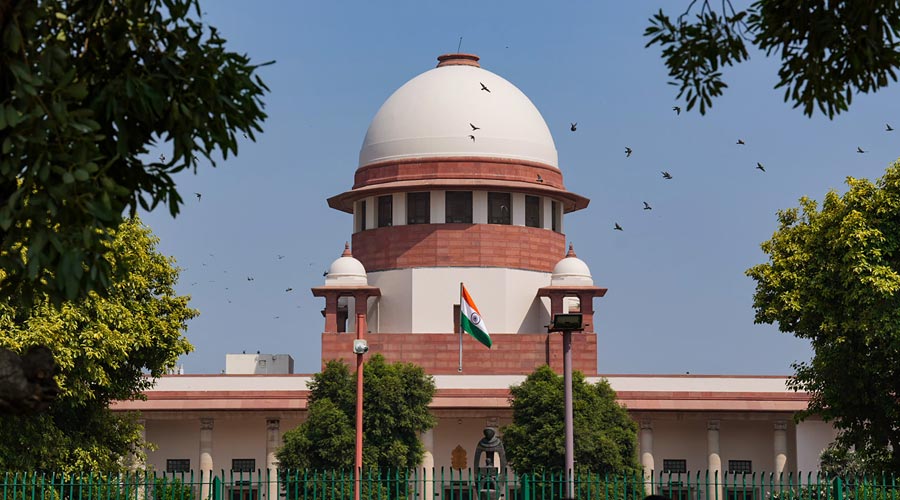Expressing ‘amazement’ at the decision by the Uttar Pradesh government to slap the stringent National Security Act against a legislator of the Samajwadi Party who had been charged with threatening government officials, the Supreme Court set aside the order and stated that the excessive measure was an instance of poor application of mind by the authorities. In a separate case, two other wise justices of India’s highest court quashed a detention order against an individual who had been detained by the Directorate of Revenue Intelligence for allegedly violating the provisions of the Conservation of Foreign Exchange and Prevention of Smuggling Activities Act. There is, however, a case to draw a common — discomfiting — inference. In both instances, the judicial intervention had been necessitated by the eagerness of the executive that was ready to bend the proverbial lines of propriety. The ‘weapon’ used for the purpose were the laws pertaining to preventive detention.
The Supreme Court is absolutely justified in referring to this arsenal as a colonial legacy. Indeed, in many instances, the genesis of such overarching regulations was the colonial State’s intent to stifle collective liberties. That the minders of a post-colonial, democratic polity have not been able to summon the energy — willingness — to do away with these legislations points to a mischievous continuum. The Supreme Court’s reiteration about the propensity of the laws of preventive detention to be misused is, in fact, borne out by data. National Crime Records Bureau figures reveal that there was a 23.7% rise in the number of preventive detentions in the country in 2021; preventive detentions under the NSA had shown an upward trend too and peaked in 2020; states with their own detention laws have been particularly roguish in their application. What is worrying is that even though the apex court has stated that the application of laws with extensive — arbitrary — powers of detention must be applied judiciously and on the rarest of occasions, there have been numerous instances of procedural infirmities on the part of the administration. Courts have noted how detainees have not been properly informed about the grounds of their detention, or been given illegible copies of orders or, worse, detained on the flimsiest of grounds.
There is now an additional dynamic: the misuse of these laws appears to have acquired political undertones. This new development ought not to be seen in isolation from the broader political currents sweeping the republic. The cementing of an authoritarian regime certainly heightens the possibility of the targeting of opponents — dissenters, journalists, political rivals, members of the civil society, among others — by turning legislations with teeth into a potent arsenal. The executive as well as the lower tiers of the judiciary must take cognisance of the Supreme Court’s warning on the matter. A larger public debate must also begin on the need to maintain such double-edged laws. Sometimes, the best recourse for a faulty weapon is in its scrapping.











